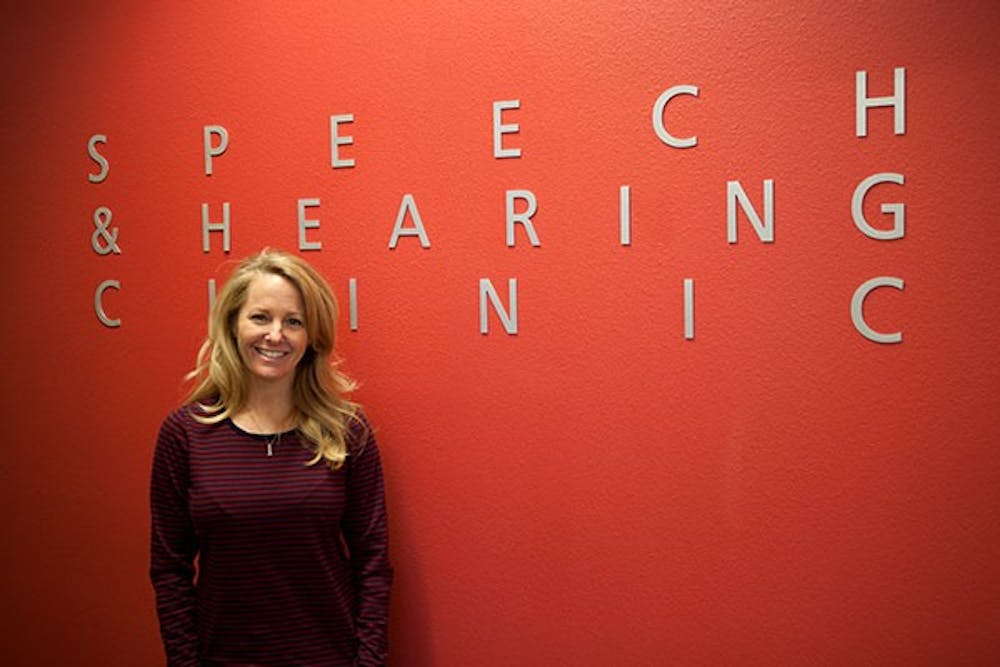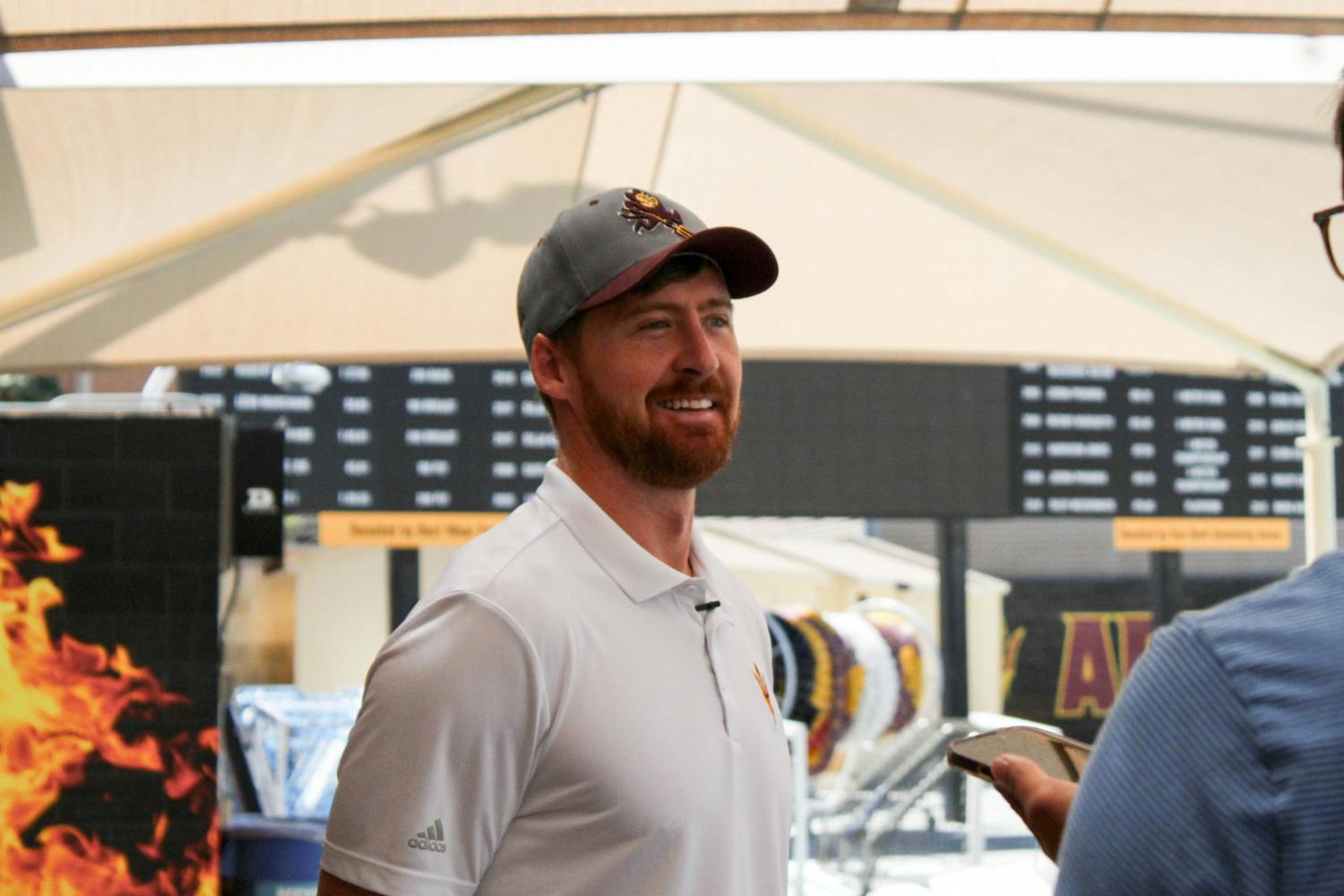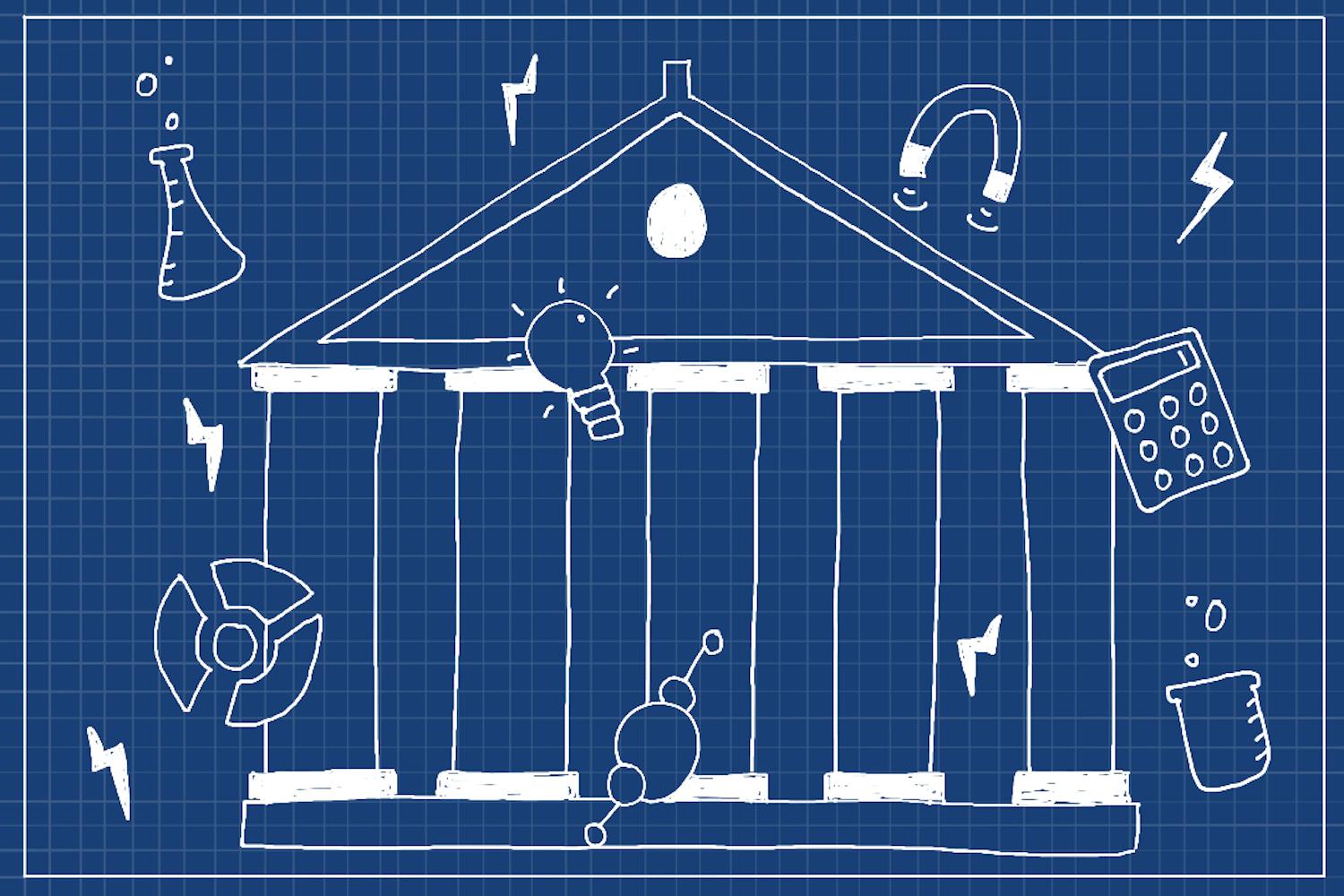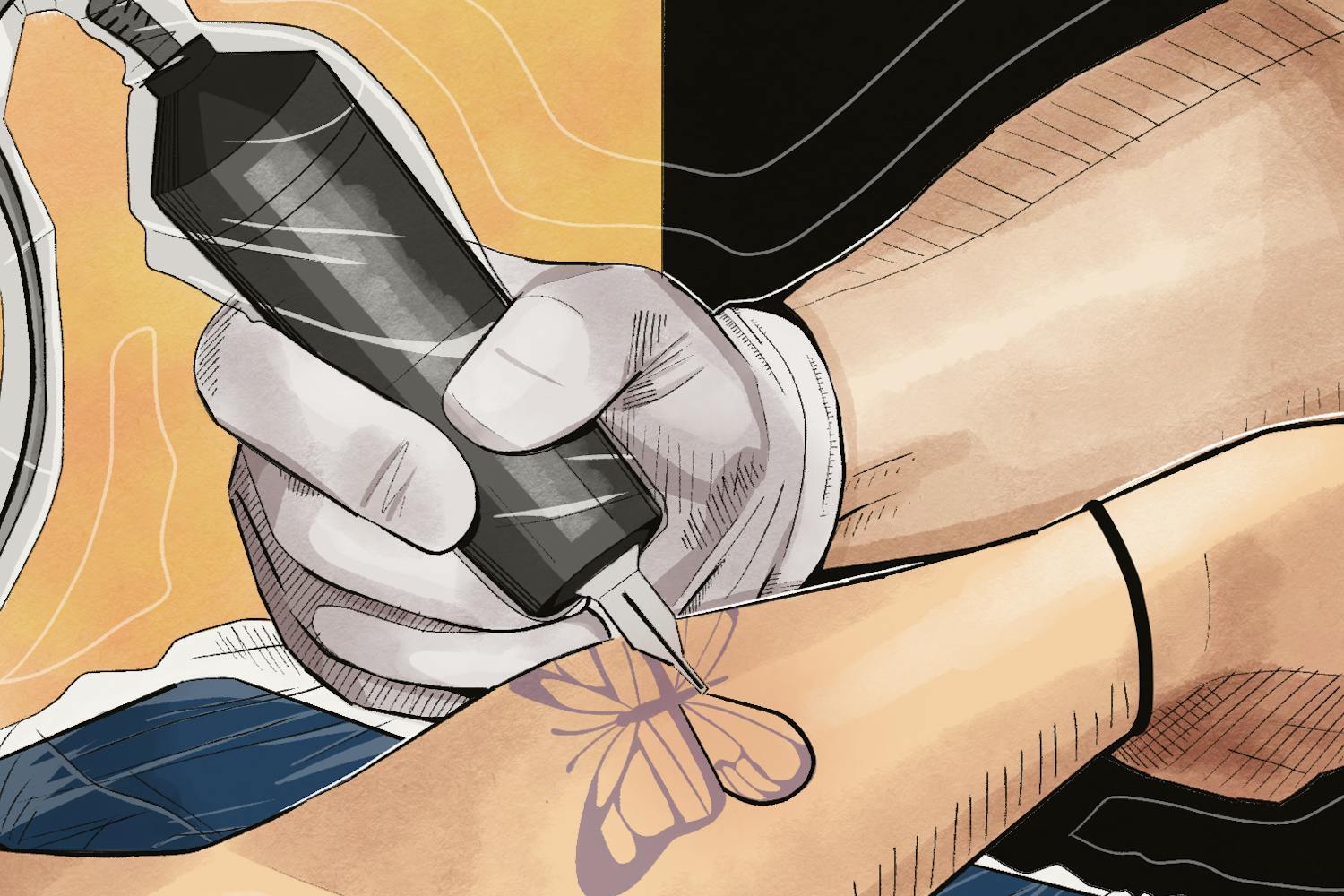 Clinical Associate Professor and Speech-Language Pathology, Karen Roth researches veteran cognition in relation to trauma. (Photo by Ryan Liu)
Clinical Associate Professor and Speech-Language Pathology, Karen Roth researches veteran cognition in relation to trauma. (Photo by Ryan Liu)No one said the military would be easy. In fact, everyone knows that military service is marked by austerity and perseverance. Undoubtedly, those who chose to serve knew, or very quickly learned, that their years in the military would not be easy.
What most people do not know is how difficult it is to get out.
Many veterans organizations and veterans programs exist to help service members in their transition back to civilian life. However, just as watching war movies will in no way prepare an infantryman for the magnitude of combat, no amount of preparation can truly prepare a veteran for the reality of civilian life, especially not college life.
Sociology major Kyle Irwin, president of the ASU Student Veterans Association, said it's sometimes difficult to reintegrate to an environment where people are much younger.
“A lot of people that transfer to ASU; they are new, and they have to start all over, and it’s hard," he said. "You go from a pretty big network to a non-existent network. You start all over.”
All of the ASU campuses have clubs or organizations that provide an outlet and assistance for veterans. These include the Polytechnic Veterans Club, the Student Veterans Organization at ASU West, the Student Veterans Association at ASU at the Tempe campus and the Downtown Phoenix Veterans Club. Each club is a separate organization, but they often coordinate on projects or events.
Many veterans return to college only to find that everything is different than it was in the military, and many can feel lost in the crowd.
Public service and public policy major Luis Cardenas Camacho, the community outreach officer for the Downtown Veterans Club, said he, like many other veterans, struggled to adjust to civilian life.
“These guys are awesome,” Camacho said. “They put together awesome events. They do community service. They do sporting events together. You just feel at home.”
Historically, the military has been hailed as an organization that takes young men and women and produces highly trained, highly disciplined members of a team who are willing to work together to accomplish the mission. Sometimes the things that make veterans stand out will initially isolate them from other students, Irwin said.
“You (gain) unique leadership opportunities; you develop a sense of camaraderie that you probably wouldn’t otherwise … and you learn a particular skill set that pretty much sets you aside from the rest,” Irwin said.
Criminal justice and criminology major Wesley Shnaekel, the president of the Downtown Student Veterans Association, said veterans returning to student life often struggle with the lack of structure and teamwork in a university setting.
“I think coming from a military background and then coming to this, it was a real big culture shock,” he said. “Things are a little more unstructured here. You are a lot more free to go in your own direction and be your own boss, and for me, that took a little bit of getting used to.”
In response to the transition stuggles and the continued need to be a member of a team, student veterans work together through student clubs and associations.
The organization has made the transition easier, Irwin said.
“It is a student-led organization of a volunteer basis,” he said. “We focus on the success of veterans in higher education, and we do that through social welfare, leadership, education and community service. There’s always a mission and there’s something to accomplish, and the same applies to the new college experience.”
This does not mean that veterans are skulking in a dark corner or actively avoiding human interaction, but there are some experiences that are distinctive of people who have served. Through the student-formed clubs, veterans have been able to find some much needed support and friendship.
“There’s been some unique situations where I was wondering, ‘Am I the only person that feels this way?'” Shnaekel said. “Don’t be afraid to reach out and get involved, especially if you want to hang out with other vets."
Transitioning into a university situation can seem daunting to anyone, but as a veteran, it can seem overwhelming because of the lack of structure or like-minded individuals.
“It was difficult at first because there was no connection to that veteran community, but once I got a little more informed, I got a little more active," Camacho said. "I heard about the club and one of the events they were doing, so I just showed up."
The feeling of isolation does not have to continue. It is possible to adjust to civilian life and become a part of a team again.
“Don’t just sit around and wait for it, because it’s probably not going to happen. You have to go out searching for it,” Irwin said to any new veterans at ASU. “You are not going to rebuild a network just by casually going to school and not talking to anybody.”
In addition to social gatherings, the veterans clubs try to play an active role in their local communities.
“I do have a very clear vision of where I want to be with the club,” Camacho said. “We are going to start doing some community service and teaming up with organizations. There’s a lot of organizations in the downtown area, there’s a lot of veterans services and … nonprofits that are looking to get involved with veterans, and we have a very large population of veterans in the downtown area.”
Reach the reporter at Stewart.Stewart@asu.edu or follow her on Twitter @Melissa152163




